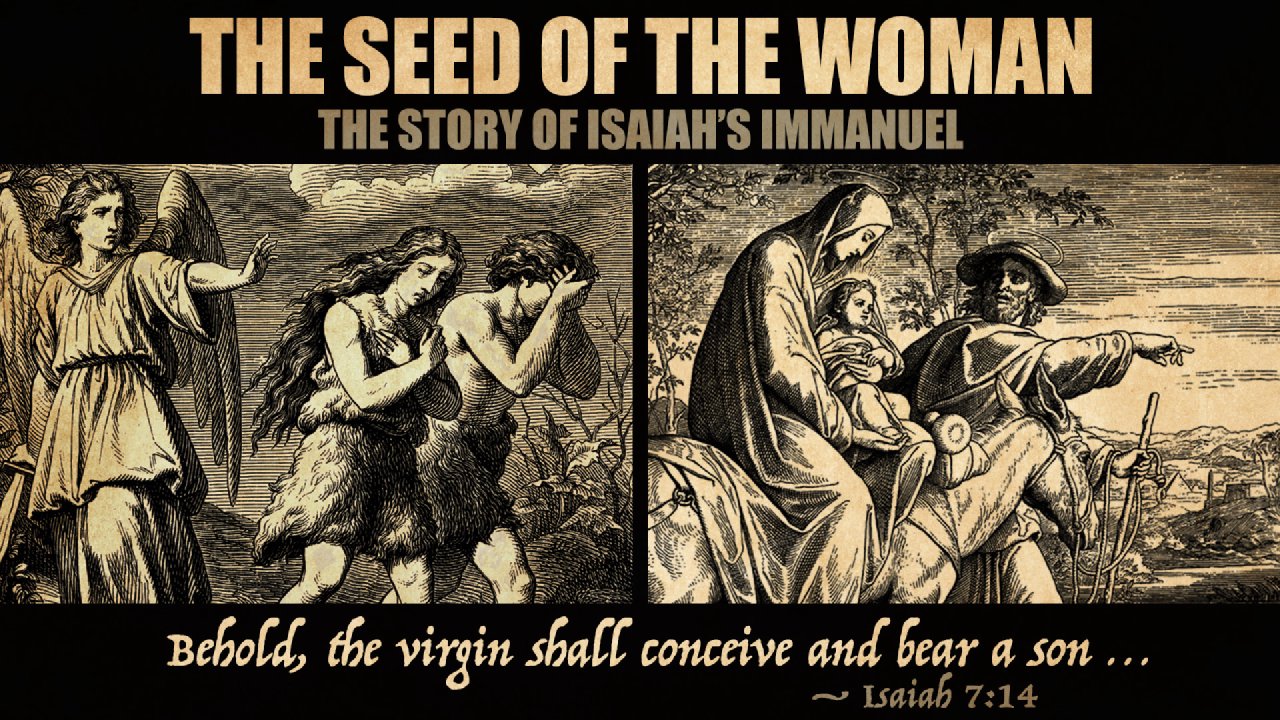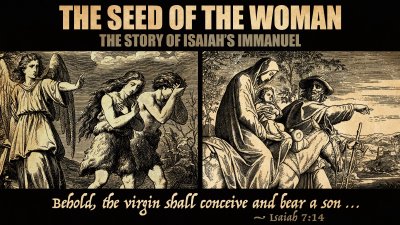Sermon Introduction
At Christmas, and throughout the rest of the year, we celebrate Jesus Christ as the Prince of Peace (Isaiah 9:6). But this week, as we take our next step in Isaiah, we will see how the promised messiah brings peace as a servant-king who lays down his life for the sins of his people.
Indeed, the entire book of Isaiah has been awaiting the birth of the son, on whom the kingdom of God could be built. But now in Isaiah 49–54, we find out who this royal heir is and how he will bring peace to the earth.
If you are looking for peace this Christmas, look no further than Isaiah. In Isaiah 48:22, we start with the sad and sober assessment that sin denies lasting peace. Yet, by Isaiah 54:10, we discover something called the covenant of peace, which cannot be removed. Wonderfully, Isaiah 49–54 tells us how this transition occurs and how the person and work of Christ stands at the center. This is what we are going to see on Sunday, as the Lord allows us to gather together.
To prepare for worship, let me encourage you to read these six chapters (Isaiah 49–54) and pray for our time of worship. I look forward to seeing you on Sunday, and to marveling with you at the God of peace, who makes peace with sinners, who do not deserve his peace. For truly, this is grace and the good news that we celebrate at Christmas and throughout the rest of the year too.
For His Glory and your joy in Jesus,
Pastor David
------------------------------------------------------------------------------------------
Discussion & Response Questions for Isaiah 49 – 54
1. What is the problem that Isaiah 49-54 solves? Where do we see that (hint: Isaiah 48:22)?
2. Who is the servant? Why is it important to see the servant as national and individual?
3. Which passages describe the servant? What do we learn?
4. Jerusalem is described throughout these chapters. Why is she likened to a Mother? What is God going to do for Mother Zion?
5. How does these chapters tell the story of salvation? What do you learn about God as a Savior?
6. What is the central point of these five sections? How does that emphasize the message?
7. How does Isaiah 52:13–53:12 fit in this story? What does the Suffering Servant do?
8. What does reading Isaiah 53–54 together teach us? How does the sacrifice of the servant create a new covenant?
9. How does the New Testament apply Isaiah 53 to Jesus? See Matthew 20:28; 26:28; Acts 8:26–40; 1 Peter 2:24–25; 3:18. Others?
10. Where do we find good news in these chapters? What is most encouraging to you?






